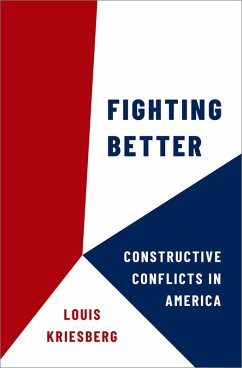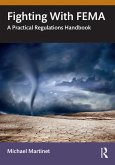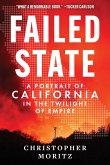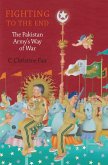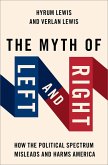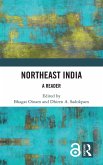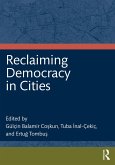The people in the United States are experiencing an extreme degree of division, political partisanship, and civic disorder. Destructive fights are waged about matters such as misinformation, voting rights, school curriculum, government spending, and personal privacy. How can these distressing circumstances be overcome? More specifically, what makes the difference between conflicts that result in progress versus those that further contribute to a greatly polarized, extremely unequal, and distressed society? In
Fighting Better, Louis Kriesberg argues that the crises confronting the US presently are the result of changes in dynamics along three societal dimensions: class, status, and power. Those changes were brought about to a great degree by people waging conflicts constructively, destructively, or avoiding overt conflicts altogether. Assessing major domestic conflicts in the United States since 1945, Kriesberg evaluates how well conflicts were waged in terms of advancing justice, liberty, and equal opportunity for all Americans. Moreover, he offers ideas for how some of those fights might have been waged more effectively and with longer-term benefits, connecting current US crises to past mistakes. In doing so, Kriesberg deepens our understanding of how the way conflicts are waged can help to reduce inequities in class, power, and status, particularly with regard to gender and race.
Dieser Download kann aus rechtlichen Gründen nur mit Rechnungsadresse in A, B, BG, CY, CZ, D, DK, EW, E, FIN, F, GR, HR, H, IRL, I, LT, L, LR, M, NL, PL, P, R, S, SLO, SK ausgeliefert werden.

